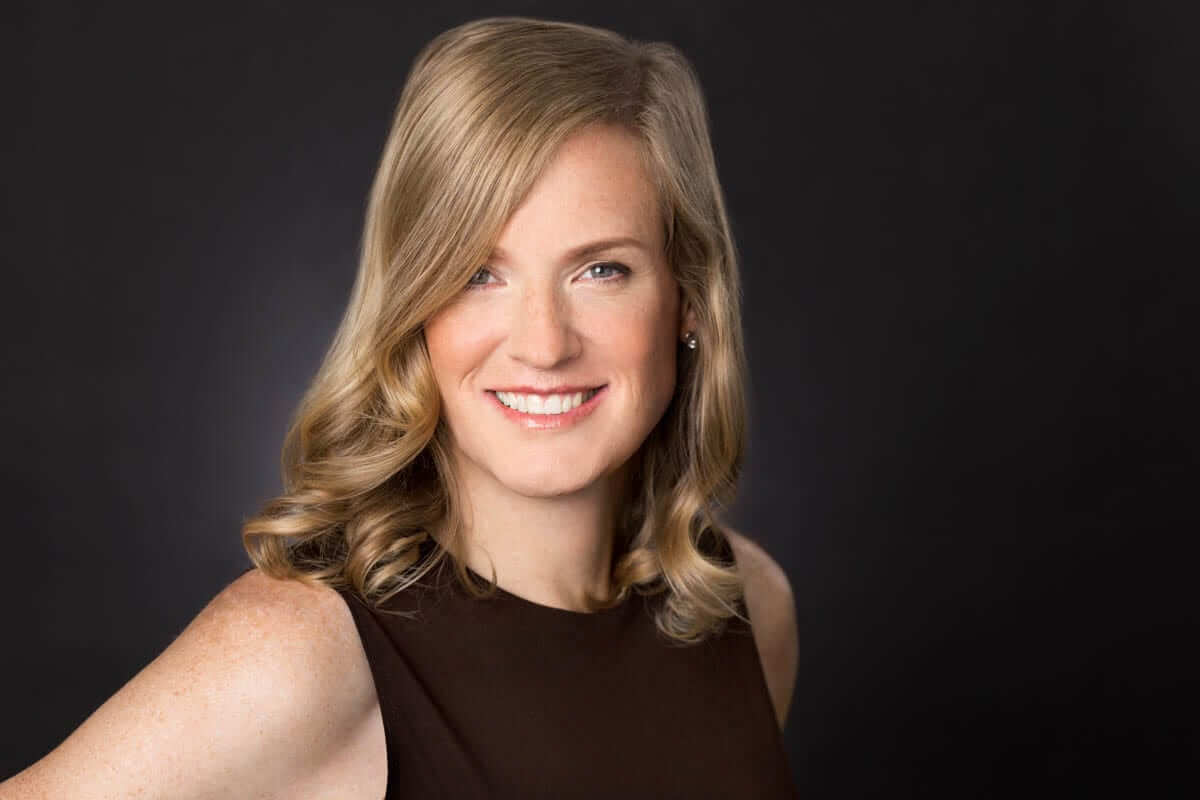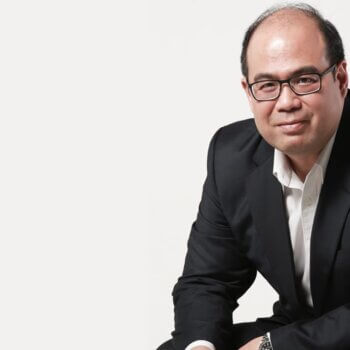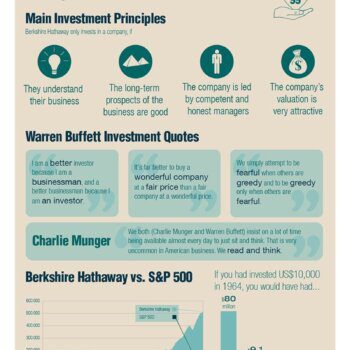(Women on Top in Tech is a series about Women Founders, CEOs, and Leaders in technology. It aims to amplify and bring to the fore diversity in leadership in technology.)
Dr. Vivienne Ming is a theoretical neuroscientist, entrepreneur, technologist, and an author. She co-founded Socos, her fourth company, where she combines machine learning, cognitive neuroscience, and economics to maximize life outcomes in education and the workplace. Vivienne is also a visiting scholar at UC Berkeley’s Center for Theoretical Neuroscience, where she pursues her research in neuroprosthetics. In her free time, Vivienne has developed a predictive model of diabetes to better manage the glucose levels of her diabetic son and systems to predict manic episodes in bipolar suffers. In 2013, she was named one of 10 Women to Watch in Tech by Inc. Magazine.
What makes you do what you do?
I grew up reading far too much science fiction. It always seemed not like an escape, but like a guide to a better world that we could build. When I ran into challenges later in my life and learned how easy it is for a high potential life to slip through the cracks, it was that love of science fiction that kept me thinking that something better was possible. I found a purpose in that failure that drove me to earn my PhD in neuroscience and machine learning so that I could build the worlds that I used to read about.
How did you rise in the industry you are in?
I have worked in several different industries. As an academic, I had a rather shocking amount of success as a graduate student with papers published in top journals and I went on to appointments at Stanford and Berkeley. Then, I started all over again when I founded an education company. When the company rose to prominence and I was giving keynotes at major education conferences, I left that behind to develop technologies for talent acquisition, healthcare, and anything and everything that made better people. My path to success was always forged by me solving problems, with a lot help from simple dumb luck.
Why did you take on this role/start this startup especially since this is perhaps a stretch or challenge for you (or viewed as one since you are not the usual leadership demographics)?
After founding a number of technology companies, I decided I wanted to take what I learned and share it with as many people as possible. I wanted to have an impact on global policy. Based on advice from colleagues and friends, I founded Socos Labs, a think tank that uses machine learning, economics, and behavior research to explore human potential. Socos Labs experiments with whole new visions of work, education, innovation and inclusive economies to inform more human-centered policy.
Do you have a mentor that you look up to in your industries or did you look for one or how did that work? How did you make a match if you did, and how did you end up being mentored by him/her?
I’ve been influenced and supported by a great many people in my life, but I cannot say that I’ve ever had a mentor or even a hero that acted as a guide for my career. I’m not belittling the value of great mentorships (my own research argues for its impact), but rather it’s equally important to recognize that a career isn’t a formulaic movie plot with predefined roles.
Now as a leader how do you spot, develop, keep, grow and support your talent?
My work is about making better people and helping people grow. It has always been very important to me to give people a chance who might not otherwise have the same opportunity elsewhere. I have built companies where people who don’t have traditional credentials can come and work on projects that make a difference in people’s lives. The only component I’m really looking for is potential.
Do you consciously or unconsciously support diversity and why?
Supporting diversity is both a mission of Socos Labs and a key part of nearly every company with which I am involved. I sit on the board of companies that foster diversity and I’ve founded companies to find strategies to reduce bias in the hiring process. Creative diversity is crucial to run any high performance organization. My research show that companies should build teams in which everyone brings different, complementary strengths to the table, and diverse life experience is one of the greatest sources of those strengths.
What is your take on what it takes to be a great leader in your industry and as a general rule of thumb?
I suspect there are many ways to be a great leader. My personal approach is perhaps naively simple: do good work and share it with the world. I am sure there are more sophisticated and effective ways to gain attention and build high-performance organizations, but my approach (which I heartily advocate for anyone else) is to focus fanatically on what you’re trying to achieve, your purpose, and find or simply create the means for your work to reach other people.
Advice for others?
Seek out problems that are so messy other people have given up on them.
That is exactly where I want to be and what my new think tank, Socos Labs, aims to explore. We partner with companies and NGOs that share in our mission and help advance a new understanding about education, workforce, health, innovation, inclusion, and so much more. Along the way I’ve learned enough to write a couple of books, How to Robot-Proof Your Kids and The Tax on Being Different, which will be out later this year. In both I discuss how we can begin to untangle many of these big messy global problems.
If you’d like to get in touch with Dr. Vivienne Ming, please feel free to reach out to her on LinkedIn: https://www.linkedin.com/in/vivienneming/
To learn more about Socos Labs, please click here.





























